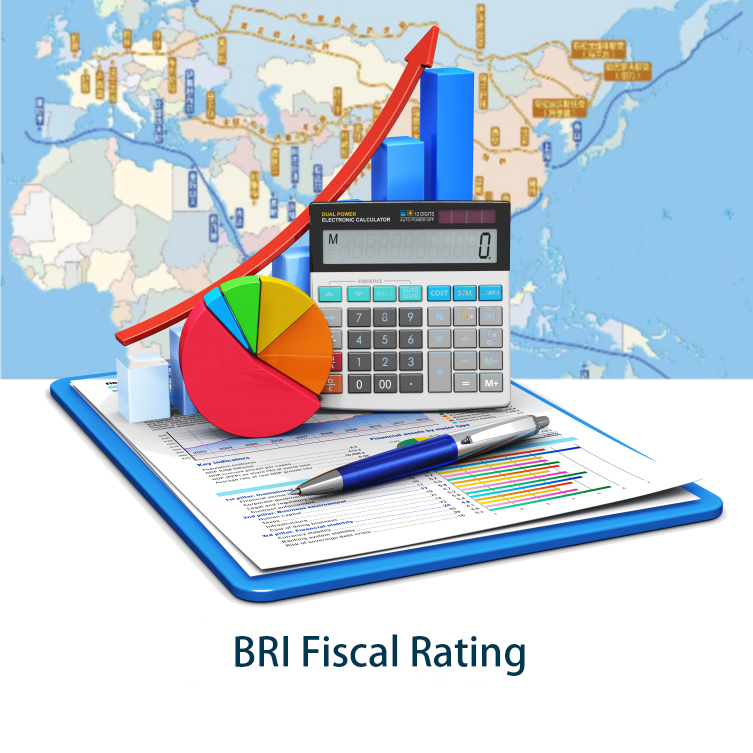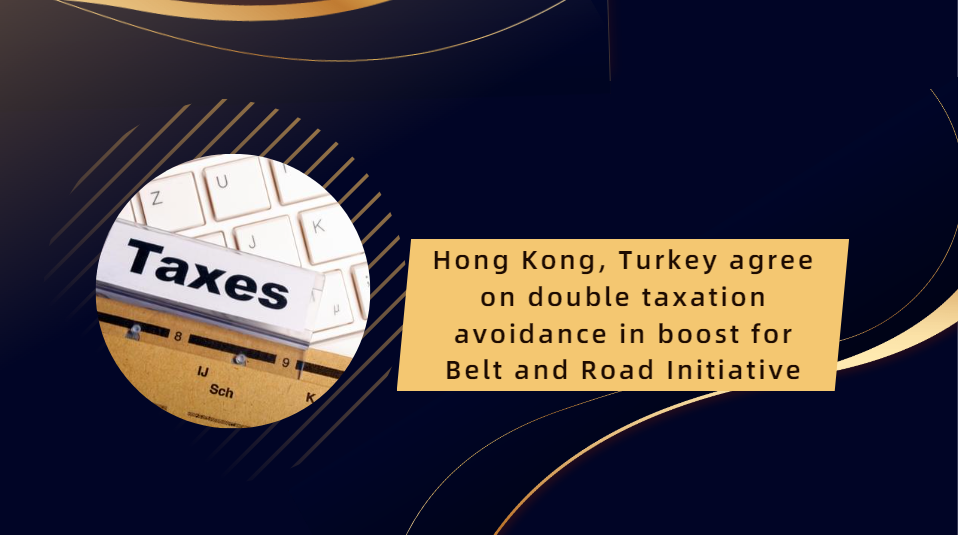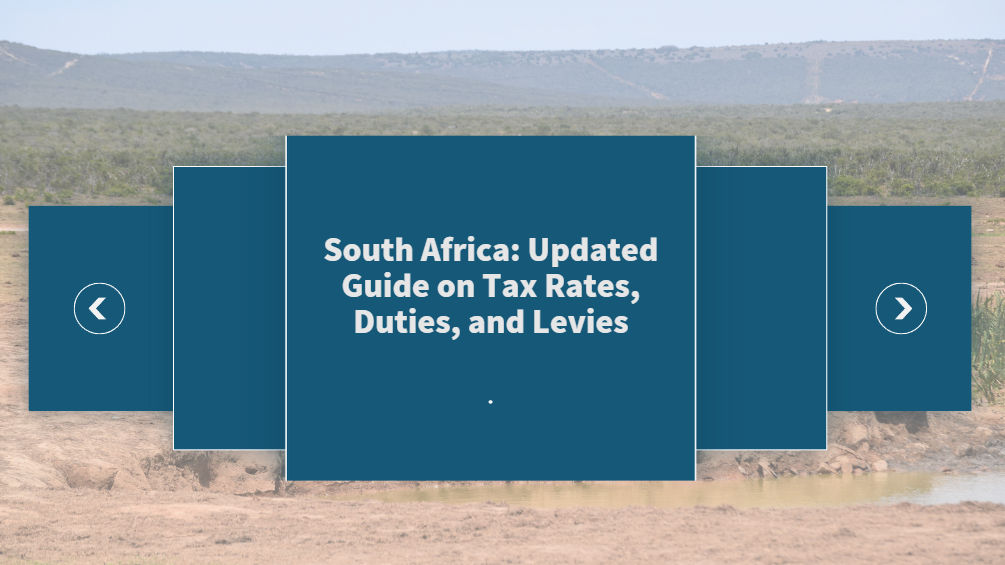Tax Governance Framework in Malaysia: Moving Towards Sustainability and Value Creation
The Malaysian Inland Revenue Board (IRB) identified approximately 31,000 potential tax evaders and estimated tax losses of RM665 billion shouldered by the Malaysian government in June 2022.
Additionally, the IRB, through Op Saji, detected tax evasion amounting to RM200 million by cooking oil companies that receive cooking oil subsidies from the Government in March 2022. The companies failed to file their tax returns, reported false sales figures, and declared earnings that were managed downwards.
This brings to question why companies resort to tax evasion when the Income Tax Act 1967 allows for legitimate utilisation of provisions, exemptions, and deductions in tax planning within the prescriptions of the Act.
Does greed take precedence over accountability? Can good tax governance help companies boost their financial performance and create value over time without the companies having to engage in aggressive tax planning that may border on tax evasion to maximise their returns?
Companies and businesses alike should understand that good governance can aid in maximising profits since it lowers compliance costs, enables open communication with tax authorities, fosters effective risk management for taxes, fosters stakeholder confidence, and improves adherence to tax laws and regulations.
Due to the accountability and responsibility that companies have towards their shareholders and other stakeholders, the IRB introduced the Malaysian Tax Corporate Governance Framework (TCGF) on the 15th of April 2022 to provide guidance and assistance to companies in the design and operations of their tax governance frameworks.
The TCGF is aimed at encouraging voluntary participation from companies in Malaysia by providing incentives in the form of reduced scrutiny by authorities, tax refunds that are accelerated and a personalised point of contact in the IRB for tax-related matters.
Thus, with the introduction of the TCGF, companies are expected to be more transparent and voluntarily practise good tax governance to increase their credibility in the eyes of investors, shareholders, and other stakeholders with the increased assurance that tax risks are being controlled and aggressive tax planning is mitigated or eliminated.
As investors and shareholders become more socially conscious and green (eco) conscious, companies are gearing to ensure that their strategies are crafted around the environmental, social and governance (ESG) aspects of a business for long-term value creation.
Thus, it is imperative that the tax governance agenda slowly gains traction amongst companies and regulators alike.
According to the Malaysian Institute of Certified Public Accountants, the governance in ‘G’ of ‘ESG’ has now expanded to embrace tax governance that includes tax internal control and tax risk management.
Interestingly, the significant roles played by taxes are also highlighted through the United Nations Sustainable Development Goals.
Taxes such as corporate tax play a key role in helping the government to provide facilities for the public such as healthcare, education, and transportation.
Thus, good tax governance may result in fair distribution of taxes, which consequently can help to alleviate the financial condition and quality of life of the underserved.
Companies indirectly will play a pivotal part in eradicating poverty and boosting economic growth when taxes and tax risks are managed in a transparent and responsible manner, which in turn, can lead to long-term growth and sustainability.
In the past, taxation used to only involve the preparation of tax returns and on-time submission of the tax returns to avoid penalties.
As the world evolved and businesses along with it progressed with the rise of technology and emergence of globalisation, tax and its functions evolved as well. Otherwise, businesses risk falling into obsolescence.
With the emergence of tax governance and the TCGF, companies are now in a better position to manage their taxes in a transparent, efficient, and effective manner with the hope that tax governance will spur the business towards financial growth and sustainability.
Hence, the notion that tax is a back-offce function is no longer applicable as tax governance takes its seat on the key agenda for board meetings and is viewed as the ultimate solution for compliance to secure investors’and shareholders’confidence and promote borderless sharing of tax information.























































First, please LoginComment After ~